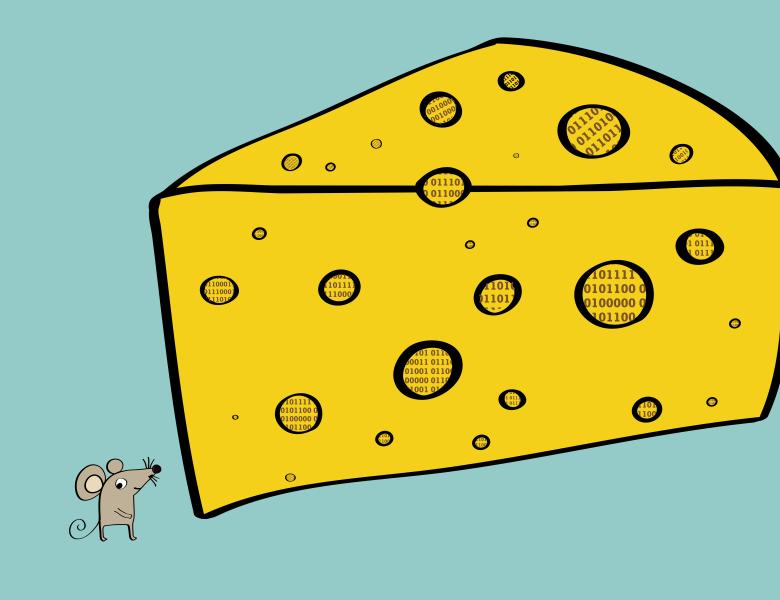
Abstract
Hypothesis selection is a fundamental problem in learning theory and statistics. Given a dataset and a finite set of candidate distributions, the goal is to select a distribution that matches the data as well as possible. More specifically, suppose we have sample access to an unknown distribution $P$ over a domain $\mathcal{X}$. We assume that $P$ is well-approximated by one of $n$ distributions in a class (called hypotheses), denoted $\mathcal{H} \coloneqq {H_1, H_2, \ldots, H_n}$. The goal is to design an algorithm that outputs a distribution $\hat{H} \in \mathcal{H}$ whose total variation distance from $P$ is nearly minimal. In this work, we study the hypothesis selection problem under memory and time constraints. In particular, we discuss how to achieve a nearly optimal tradeoff between memory usage and sample complexity. Additionally, we explore methods to obtain optimal accuracy via algorithms with nearly optimal time complexity.


